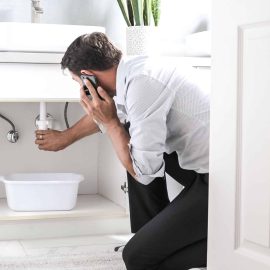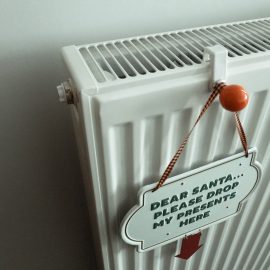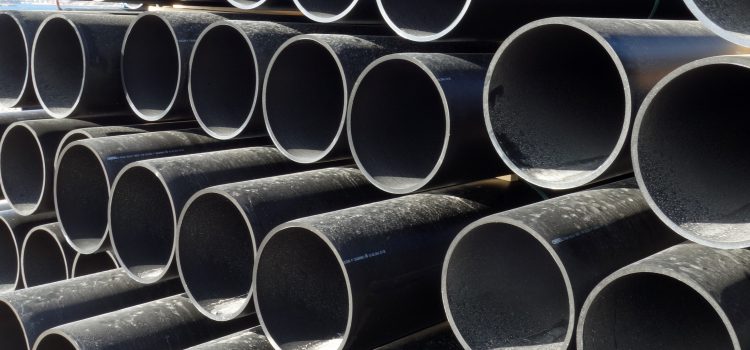
Through winter and summer, your plumbing pipes are working non-stop. When you are brushing your teeth, taking a bath, flushing the toilet or washing the dishes, your pipes are working. With all the work they have to do, don’t you often wonder how to make them last longer?
Here are some excellent tips to help you increase the longevity of your pipes.
Make Sure Your Water Pressure Is at the Right Level
You might need some degree of water pressure in your pipes, but high water pressure comes with a set of problems. For instance, the high pressure can wear out your pipes and can even cause them to burst. Besides soaking your floors and counters, it can also lead to a rise in your water bills.
Therefore, to ensure pipe safety, you should always check that your home’s PSI is under 85 and if you are too concerned about such problems, you might consider installing a water pressure gauge.
Don’t Use Chemical Drain Cleaners
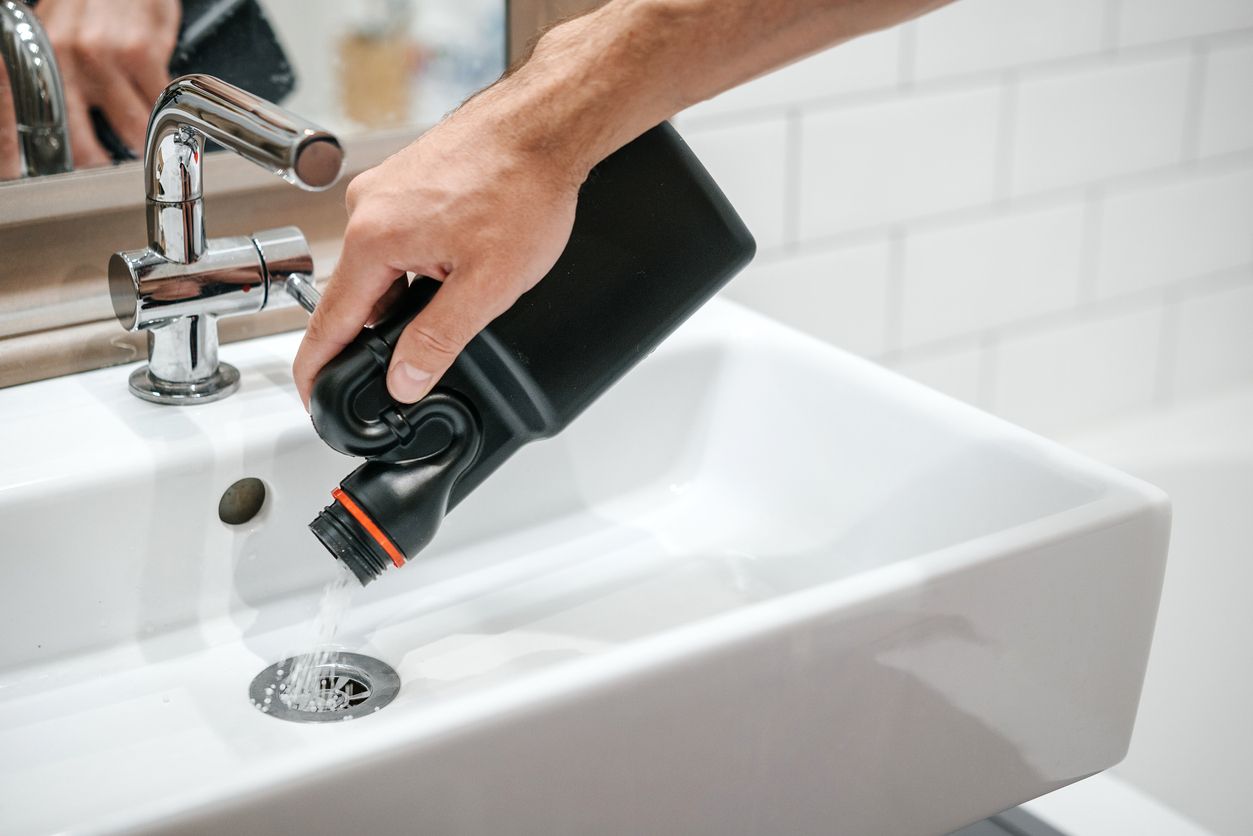
For most homeowners, the only solution to every plumbing problem is a gallon of chemicals. Maybe sometimes they are indeed effective and get the job done for you quickly. However, let me throw some light on the dirty truth behind these chemical clog removers.
These supposedly “quick-fix” products can actually do more harm than good. Most of them consist of an ingredient called hydrochloric acid and despite being effective for cleaning, it can damage the pipes and corrode metal.
So, if you want to avoid this problem, instead of using these chemical drain cleaners, it is better to purchase a drain snake from a hardware store as snaking the drain can remove the clog without harming your pipes. In addition, a snake is a less costly plumbing fix.
Don’t Leave Leaks Alone

Poverty is seen as a vicious cycle in the society. However, in the plumbing world, leaks represent a sort of vicious cycle.
No matter how small the leaks may appear, they still represent signs of trouble. For instance, the constant drip-drip of even the tiniest leaks can cause a lot of wastage. (and for all those who don’t don’t believe this, then next time you have a small leak, check the difference it makes to your water bills).
Remember that these leaks can also wear at your pipes and as they grow, the problem increases and so will the damage to your pipes.
Don’t Flush Things That Are Not Supposed to Be Flushed
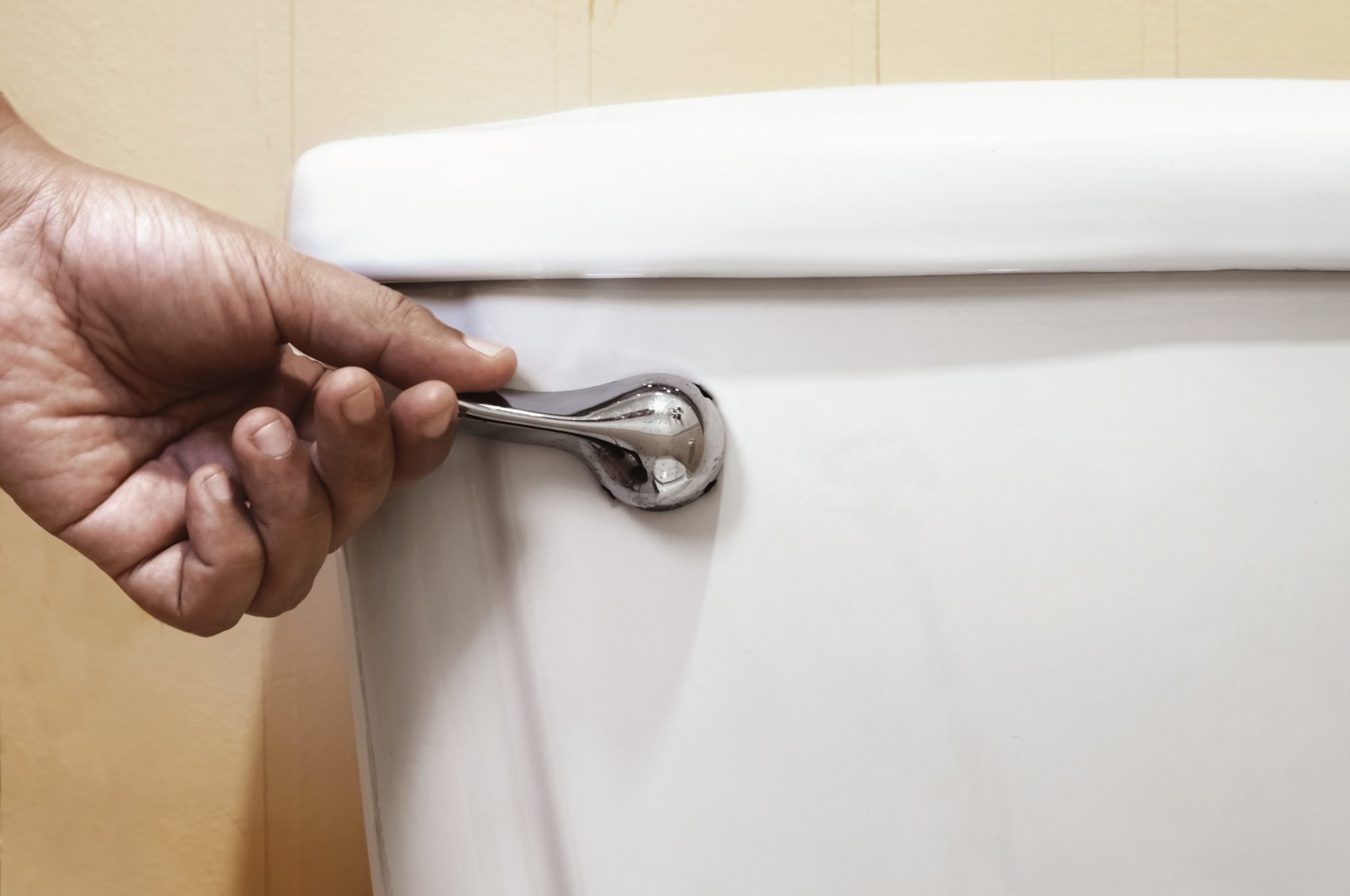
There’s a reason why you are supposed to have a trash can in your bathroom – your toilet is a toilet and apart from human waste, you should not flush anything else down your toilet.
For instance, a common tendency among people is that they can send flushable wipes or sanitary products in the toilet if they are labeled as “flushable.” This common myth is creating a lot of problems for both plumbing pipes and plumbers. How? Well, let me inform you that wet wipes contain some type of plastic that does not break down compared to toilet paper when flushed. Even if they go down the drain without any problems, they can accumulate in your pipes and cause clogs.
But that’s not all. These debris clogs can create chokepoints, which refer to places where too much pressure build-up and leads to leaks, bursts or back-ups.
For example, did you know that in Australia, flushable wipes are now one of the main causes of plumbing blockages?
Keep Pipes From Corroding
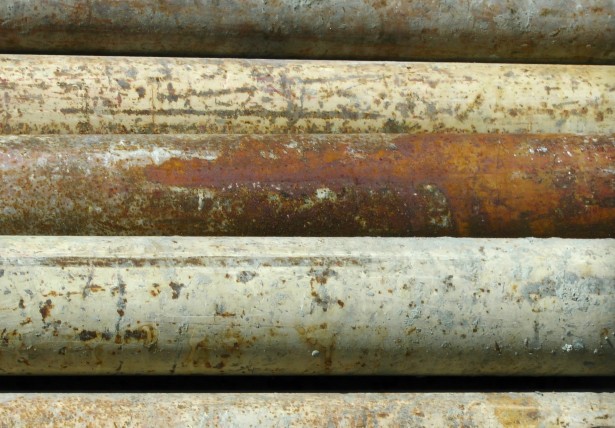
Generally, you can’t see the plumbing pipes in your house and what is out of sight is also out of the mind also, isn’t it? Until, of course, a problem like corrosion occurs.
Corrosion is occurred usually due to the decay and deterioration in your home’s water supply pipes and as a result, it can affect plumbing pipes that are made up of different materials such as cast iron, lead, copper, clay, PVC and also concrete.
Pipe corrosion starts as a small problem but if left untreated, it can result in cracks and leaks. Furthermore, a low water flow and discolored and foul-smelling water are also some of the outcomes of a pipe corrosion.
Will you make use of these tips? Please share your comments!

